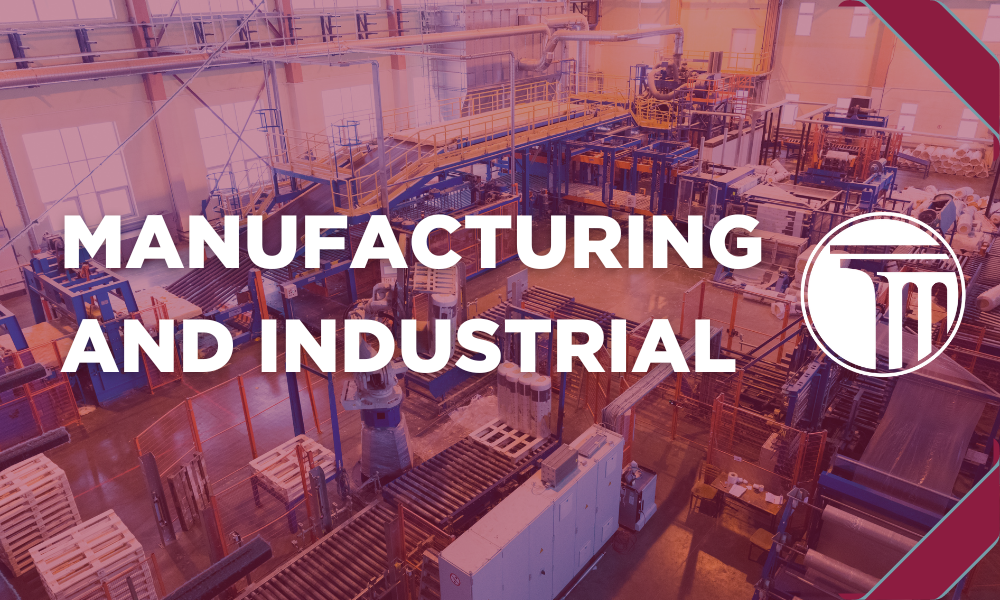Local employers are seeking individuals with manufacturing and industrial skills. Mitchell’s courses in manufacturing, machining, drafting and welding are occupational skills within our industries that will never be short of need.
Classes listed below are intended for those individuals who wish to join short-term training options while exploring this career path prior to enrolling in a various certificate, diploma, or A.A.S. degree program; as well as those individuals working in the field as production technicians and maintenance who need additional skills for career (and pay) advancement.
Class Information
Spring, Fall and Summer notes what time frame this course is generally offered. This is subject to change so check the listing of available courses for the most up-to-date comprehensive listing.
Manufacturing
- Advanced Integrated Manufacturing Systems (AIMs) Lab (Fall, Spring & Summer)
- Certified Production Technician (CPT) (Fall & Spring)
- Industrial Safety (Spring & Fall)
- Intro to Automation/Automation Controls Technician (Fall)
- Welding, Intro – MIG, TIG & Stick (Fall & Spring)
This is a self-paced lab that allows students and employers the flexibility to work around existing schedules. Topics include electrical, industrial controls, drive systems, programmable logic controllers, operator interface systems, pneumatics, hydraulics, and mechanical drives. Students will have an assigned time slot for each session. For business and industry, customization can be implemented. (This is intended for people working in the field to advance skills while working.)
Area manufacturers are hiring CPTs from this class – course covers all aspects of training that employers want their incoming technicians to know including safety, quality practices and measurement, manufacturing processes and production and maintenance awareness. Graduates earn a national industry certification, “Certified Production Technician.” Registration is through Deb Lazenby at (704) 878-3235 or dlazenby@mitchellcc.edu – this is a scholarship provided class paid for through the Manufacturing Institute.
This course is designed to give the student an introduction to safety and environmental regulations. Course content includes an overview of safety, health, and environmental considerations including material/chemical handling, equipment, emergency procedures, EPA regulations, air permits, waste handling and reduction, and labeling.
This course introduces the basic principles of automated systems and describes the tasks that technicians perform on the job. Upon completion, students should be able to understand the basic concepts of automation and robotic systems.
Learn basic welding skills in this comprehensive introduction class. Topics include: using tools to shape and cut metals, interpreting blueprints, welding safety, and understanding welding tests and codes. Students will gain experience in stick, MIG, and TIG welding with heavy emphasis being given to practical applications and “hands-on” activities including plasma cutting.
Machining
- Machining Applications I (Fall)
- Machining Applications II (Spring)
- Machining Calculations (Fall)
- CNC Milling (Fall)
- CNC Tuning (Spring)
- Introduction to CAD/CAM (Fall)
- Intro to Metrology (Fall)
This course provides an introduction to a variety of material-working processes that are common to the machining industry. Topics include safety, process-specific machining equipment, measurement devices, set-up and layout instruments, and common shop practices. Upon completion, students should be able to safely demonstrate basic machining operations, accurately measure components, and effectively use layout instruments.
This course provides instruction in the wide variety of processes associated with machining, and demonstrates advanced machining operations, accurately measuring components, and producing accurate components with a proper finish.
This course introduces basic calculations as they relate to machining occupations. Emphasis is placed on basic calculations and their applications in the machine shop. Upon completion, students should be able to perform basic shop calculations
This course introduces the manual programming, setup, and operation of CNC (computer numerical control) machining centers. Topics include programming formats, control functions, program editing, part production, and inspection. Upon completion, students should be able to manufacture simple parts using CNC machining centers
This course introduces the programming, setup, and operation of CNC (computer numerical control) turning centers used in manufacturing processes. Upon completion, students should be able to manufacture simple parts using CNC turning centers.
This course introduces CAD/CAM. Emphasis is placed on transferring part geometry from CAD to CAM for the development of a CNC-ready program. Upon completion, students should be able to use CAD/CAM software to produce a CNC program.
This course introduces the care and use of precision measuring instruments. Emphasis is placed on the inspection of machine parts and use of a wide variety of measuring instruments. This is a measurement class.
Mechanical
- Machine Processes I (Fall)
- Manufacturing Materials I (Spring)
- Electronics: Programmable Logic Controllers (Fall)
- CAD 1 (Fall)
- Intro Solid Modeling/Intro to SolidWorks (Fall)
- Blueprint Reading I (Fall)
This course introduces shop safety, hand tools, machine processes, measuring instruments, and the operation of machine shop equipment. Topics include use and care of tools, safety, measuring tools, and the basic setup and operation of common machine tools. Upon completion, students should be able to manufacture simple parts to specified tolerance.
This course introduces a variety of manufacturing materials and common processing techniques. Emphasis is placed on the processing, testing, and application of materials such as wood, metals, plastics, ceramics, and composites. Upon completion, students should be able to demonstrate an understanding of fundamental engineering applications for a variety of materials, including their process capabilities and limitations.
This self paced lab allows students and employers the flexibility to work around existing schedules. Topics include Electrical, Industrial Controls, Drive Systems, Programmable Logic Controllers, Operator Interface Systems, Pneumatics, Hydraulics, and Mechanical Drives. For business and industry, customization can be implemented. Please call (704) 878-3327 or email ltroutman@mitchellcc.edu for more information.
Learn AutoCAD software to create 2D drawings that create measurements for parts. This is an intro drafting class and includes learning how to use AutoCad to draw, edit, plot and how to manage files.
This course is an introduction to basic three-dimensional solid modeling and design software (called SolidWorks). Topics include basic design, creation, editing, rendering and analysis of solid models, and creation of Multiview drawings. Successful completion leads to Certification in SolidWorks.
This course covers the basic principles of blueprint reading and sketching. Topics include Multiview drawings, interpretation of conventional lines; and dimensions, notes, and thread notations.
CE Registration
701 West Front Street; Statesville, NC 28677
704-878-3220 / 704-878-3290



